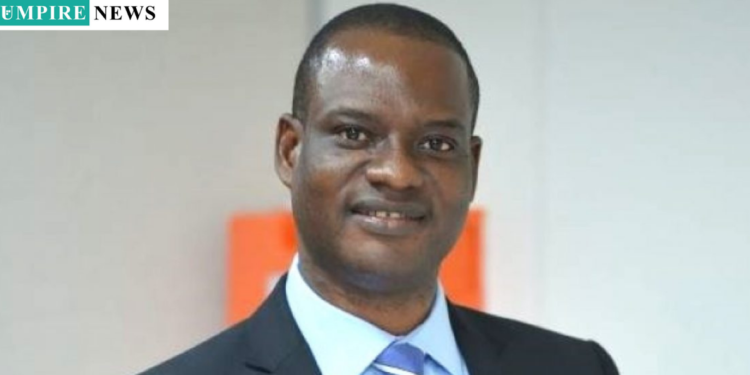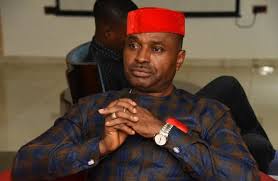A wave of online reactions has emerged following the resurfacing of 2019 tweets by Taiwo Oyedele, Chairman of the Presidential Committee on Fiscal Policy and Tax Reforms, in which he opposed a proposed increase in the Value Added Tax (VAT) rate. These tweets have reignited a debate over Nigeria’s fiscal policies, as the government pushes for the enactment of new Tax Reform Bills.
In 2019, Oyedele criticized the proposed VAT hike under then-President Muhammadu Buhari, which sought to raise the rate from 5% to between 7.25% and 8.75%. Oyedele warned that such a move would exacerbate inflation, raise interest rates, increase unemployment, and deepen poverty. He also argued that expanding the VAT base should be prioritized over increasing the rate, suggesting that small businesses and low-income groups would bear the brunt of the burden without necessary safeguards like zero-rating basic goods.
Fast forward to 2024, Oyedele’s committee has recommended gradually raising the VAT rate to 15% by 2030 as part of the Tax Reform Bills, a stance that has drawn criticism from those who view it as a contradiction of his earlier position. Critics pointed to the inconsistency between his opposition to the VAT increase in 2019 and his current support for a progressive hike, questioning the rationale behind the change in approach.
However, some defended Oyedele’s stance, arguing that the context of his 2019 tweets had been overlooked. Supporters pointed out that Oyedele had called for reforms such as zero-rating basic goods before any VAT increase, which he is now proposing as part of the 2024 tax reforms. Oyedele himself has argued that the current proposal includes provisions to protect vulnerable groups and businesses, including the zero-rating of essential goods like food, education, medical services, and accommodation.
Despite these assurances, the proposed VAT increase has faced opposition from various quarters, including Borno State Governor Babagana Zulum, who argued that the reform would disproportionately benefit wealthy states like Lagos and Rivers while impoverishing other regions, particularly in the north. The Presidency, however, dismissed these claims, emphasizing that the Tax Reform Bills are intended to improve the quality of life for all Nigerians, particularly the disadvantaged.


































